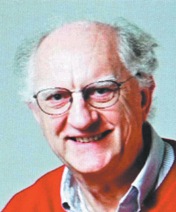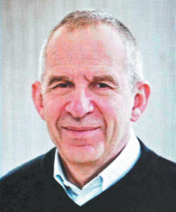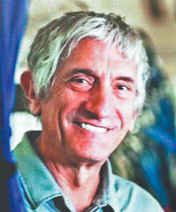Trio's work on quantum tech wins Nobel


John Clarke, Michel Devoret and John Martinis won the 2025 Nobel Prize in Physics for "experiments that revealed quantum physics in action", the Royal Swedish Academy of Sciences, the award-giving body, said on Tuesday.
"This year's Nobel Prize in Physics has provided opportunities for developing the next generation of quantum technology, including quantum cryptography, quantum computers, and quantum sensors," the academy said in a statement.
The laureates carried out experiments with an electrical circuit in which they demonstrated both quantum mechanical tunneling and quantized energy levels in a system big enough to be held in the hand, it added.
"My feelings are that I'm completely stunned. Of course it had never occurred to me in any way that this might be the basis of a Nobel Prize," Clarke told the Nobel news conference by telephone.
British-born Clarke is a professor at the University of California, Berkeley, in the United States.

Devoret, born in France, is a professor at Yale University and the University of California, Santa Barbara, also in the US, where Martinis is also a professor.
The physics Nobel includes a prize sum totaling 11 million Swedish crowns ($1.2 million) that is shared among the winners if there are several, as is often the case.
The Nobel Prizes were established through the will of Alfred Nobel, who amassed a fortune from his invention of dynamite. Since 1901, with occasional interruptions, the prizes have annually recognized achievements in science, literature and peace. Economics was a later addition.
Physics was the first category mentioned in Nobel's will, likely reflecting the prominence of the field during his time. Today, the Nobel Prize in Physics remains widely regarded as the most prestigious award in the discipline.
Past winners of the Nobel physics prize include some of the most influential figures in the history of science, such as Albert Einstein, Pierre and Marie Curie, Max Planck and Niels Bohr, a pioneer of quantum theory.
Last year's prize was won by US scientist John Hopfield and British-Canadian Geoffrey Hinton for breakthroughs in machine learning that spurred the artificial intelligence boom, a development about which both have also expressed concerns.
In keeping with tradition, physics is the second Nobel to be awarded this week, after two US and one Japanese scientist won the medicine prize for breakthroughs in understanding the immune system. The chemistry prize is due next, on Wednesday.


































